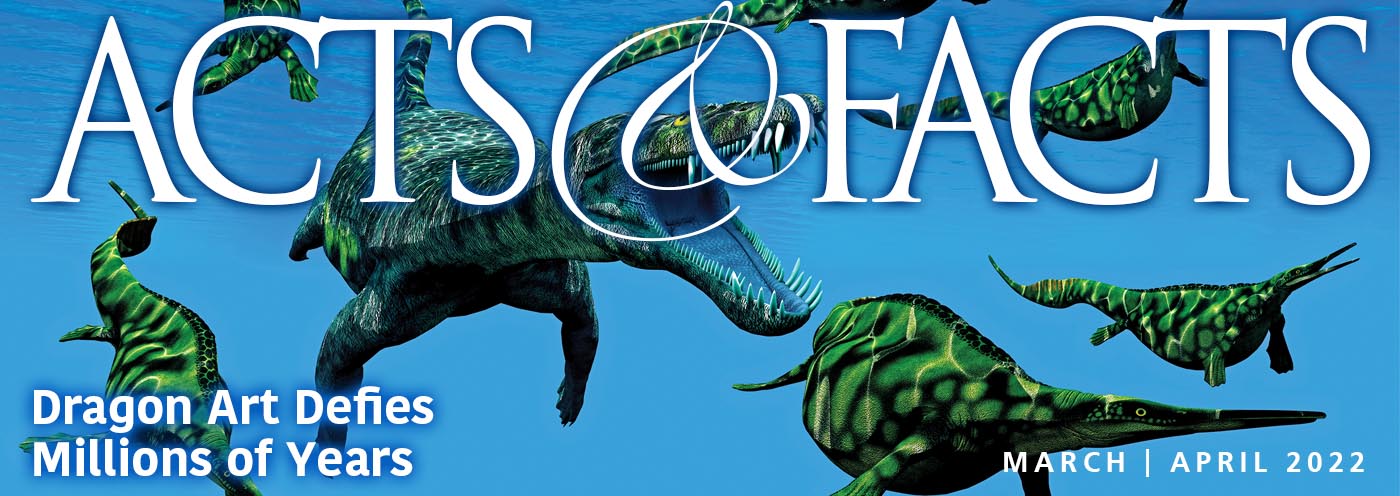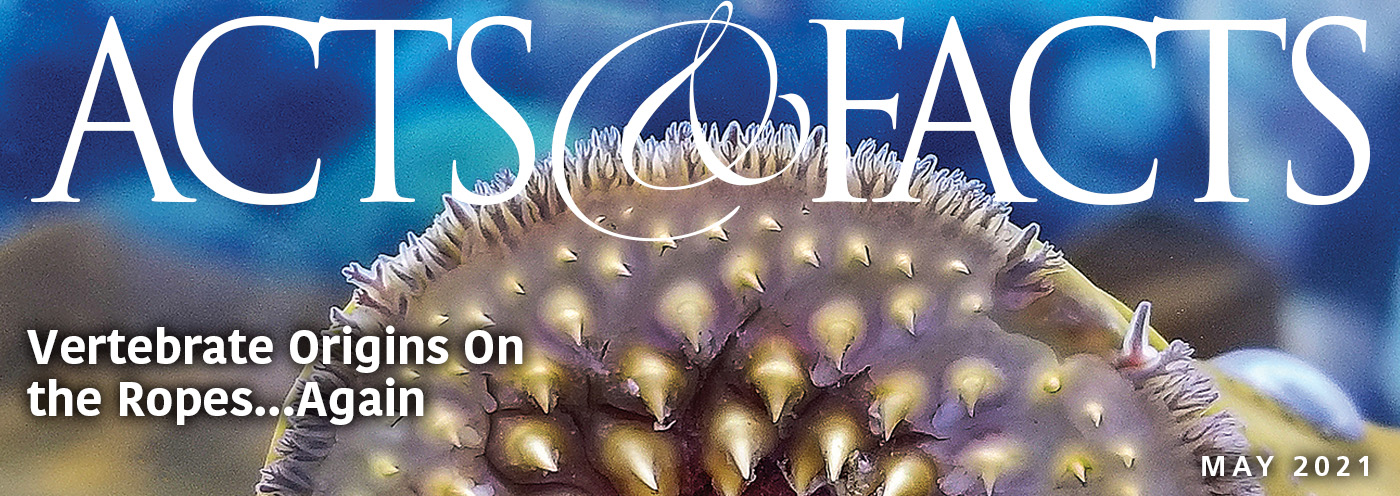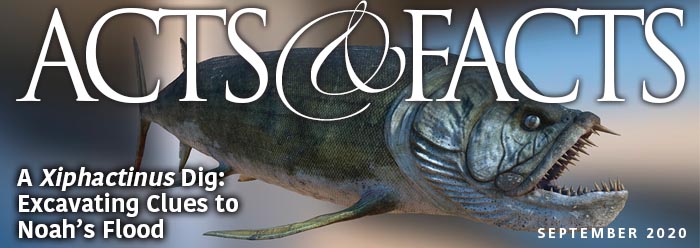Search Tools
New Defender's Study Bible Notes
19:11 he that sat upon him. At His initiation of the tribulation on the earth and with the opening of the sealed scroll, the great Rider had set forth to conquer His own rightful domain from its usurper, the old dragon. The Rider now appears again to terminate the tribulation and complete His conquest.
19:12 he himself. He is known by many names, including three in this passage alone (Revelation 19:11-16). However, He now has “the name which is above every name” (Philippians 2:9), and that name represents the fullness of who He is and what He does. Even though we shall learn more and more of our great Creator and Redeemer as the ages of eternity roll on, we can never reach that fullness, for He is infinite. Thus the ultimate name above every name can never be known save by God Himself.
19:13 vesture dipped in blood. The vesture was dipped in blood as He rode triumphantly down the great winepress, where the spilled blood had reached the horses’ bridles (Revelation 14:20). He will begin His journey deep in Edom at Bozrah (Isaiah 63:1), and continue on, “red in thine apparel, and thy garments like him that treadeth in the winefat” (Isaiah 63:2), until He reaches Jerusalem and the Mount of Olives. “In thy majesty ride prosperously because of truth and meekness and righteousness; and thy right hand shall teach thee terrible things” (Psalm 45:4).
19:13 The Word of God. Note John 1:1-3 and Hebrews 11:3. The same one who created the universe and framed the aeons will also triumph over all the hosts of darkness and wickedness.
19:14 armies which were in heaven. All the saints are prepared for the marriage supper (Revelation 19:8) but it will be held on earth, so the earth must first be purged. Therefore, they will follow the Rider to the battle, but they will not be involved in the battle, for He has the only weapons needed (Revelation 19:21).
19:14 followed him upon white horses. Note Zechariah 14:5; I Thessalonians 3:13; Jude 14. His saints will accompany Christ both at the rapture (I Thessalonians 4:14) and at His glorious appearing on the earth, as described here.
19:15 out of his mouth. Compare Revelation 19:21; also Revelation 1:16; Isaiah 11:4; II Thessalonians 2:8. With “the breath of His mouth” He had called the hosts of heaven into being (Psalm 33:6). He can surely destroy the hosts of darkness with that same omnipotent Word.
19:15 rule them. To be understood in the context of shepherd, “rule” is actually “feed,” in the sense of using His shepherd’s rod to compel the “sheep” to travel the paths of righteousness (Psalm 23:3-4). On His “rod of iron,” see Psalm 2:9.






